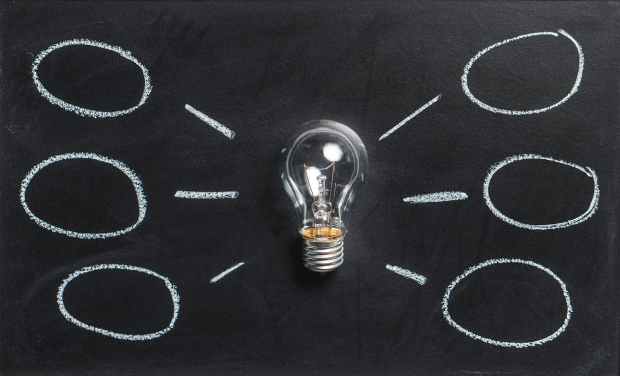
No, it’s not a must-read. But Growing Up Amish: A Memoir and other religious memoirs like it offer fascinating and educational insight into other people’s lives and minds. Ira Wagler doesn’t needlessly berate his former belief system or the people who maintain it. He gives a well-written, objective account, as do many others. I, for one, can’t get enough of this type of book.
Key Takeaways
- This memoir chronicles Wagler’s experiences growing up in a strict Amish community and the internal struggles he faced as he questioned the beliefs and lifestyle he was raised in. Itprovides insights into the Amish way of life, their traditions, and the challenges of leaving the community behind.
- “We were also repelled by what we saw and heard around us every day. Most of the adults—those securely anchored in the faith—didn’t seem any too happy in their daily lives. In fact, they were mostly downright grumpy. There was little in our own world that attracted us, made us stop and think, That’s what I want. To live like that. We were stuck in a stifling, hostile culture consisting of myriad complex rules and restrictions. More things were forbidden than were allowed. And that’s not to mention the drama, the dictatorial decrees, the strife among so-called brothers, and the seemingly endless emotional turmoil that resulted. We had seen and lived it all.”
- “In fact, the Amish church does everything in its power to maintain its grip on the youth, including applying some of the most guilt-based pressure tactics in existence anywhere in the world. After all, there’s no sense encouraging young people to taste the outside world …”
- “With some prodding, there might be a reluctant admission that yes, others not of our particular faith might make it to heaven, but only because they were not born Amish and didn’t know any better. Those who were born in the faith had better stay, or they would surely face a terrible Judgment Day. That’s what we heard. What we were told by our parents and what we heard in the sermons at church. But they never explained why.”
- “That kind of pressure is a brutal thing, really, a severe mental strain. And it’s the reason that in most communities, when Amish kids run wild, they usually run hard and mean. Because once that line is crossed, there are no others.”
- “From a distance, or from outside, my decision [to return to the faith] makes no sense. But it made all the sense in the world to me in that moment, to keep slogging on, to walk the road that equated eternal life with earthly misery.”
About the Author
Ira Wagler is an American author known for his memoir “Growing Up Amish: A Memoir.” Born in Aylmer, Ontario, Canada, in 1961, Wagler grew up in a traditional Old Order Amish community. However, as a young man, he made the difficult decision to leave his Amish upbringing and pursue a different path.
***


















